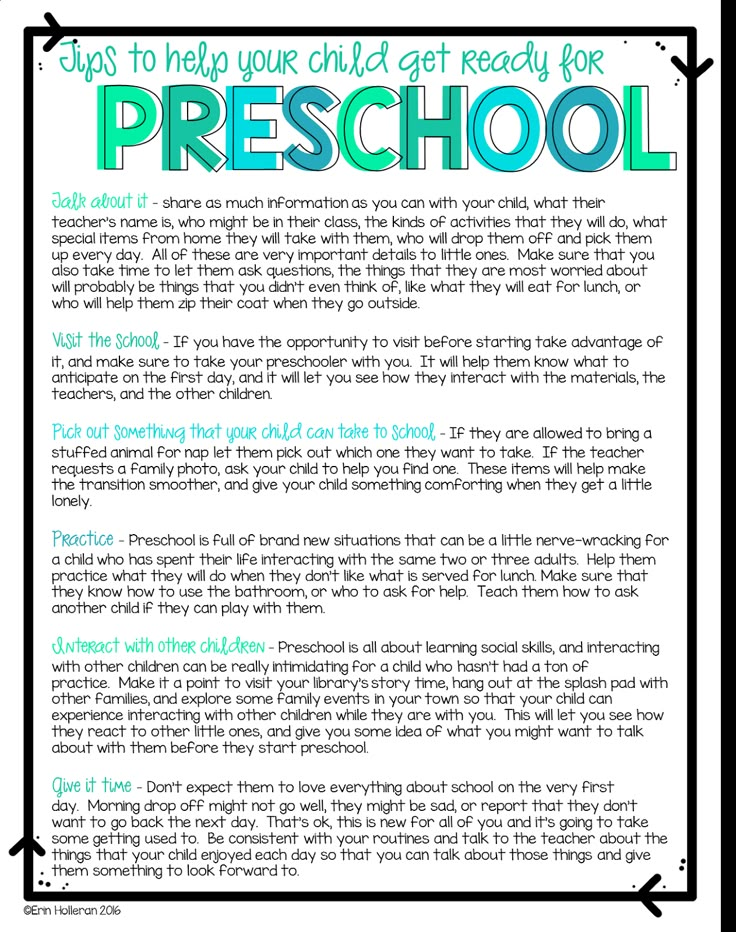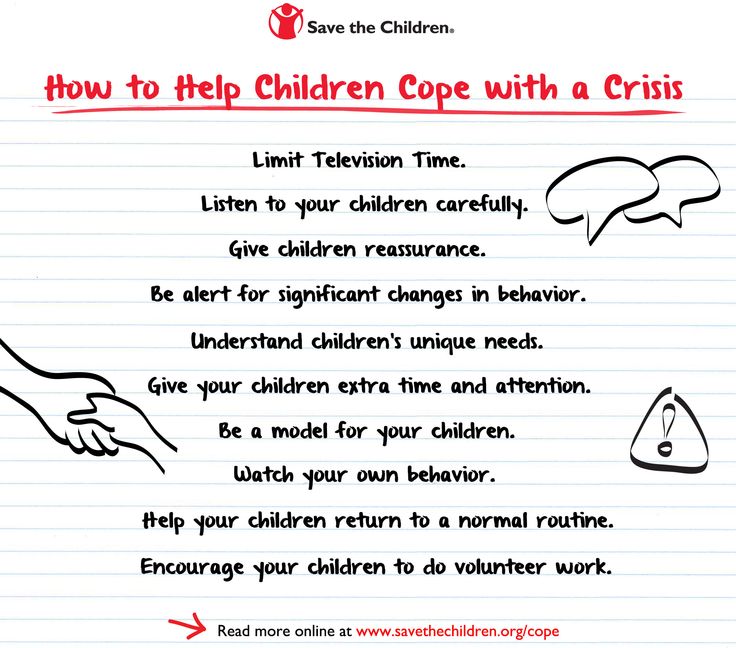Parental tips for preschoolers
The 10 Best Tips for Parents of Preschoolers
- Share
Every parent wants their child to succeed and thrive in the world. Although there is no magic formula, parents want to feel they have done the best they can.
Here are the 10 best tips for parents of preschoolers, written by an early childhood educator.
How Can I Help My Child Succeed in School?Success in school starts with laying a solid, balanced foundation from an early age.
There is no easy formula for parenting, but there are simple strategies you can follow that will benefit your children for a lifetime.
10 Tips for Parents of Preschoolers to Help Your Child Succeed In School
Here are 10 tips every parent should follow. These ideas are geared towards raising well-rounded children who are happy, confident, self-motivated and independent.
The more you follow these principles, the better chance your child will have of developing to his full potential and coping well at school.
Play is the most underrated form of learning and the most important one.
Your child should be playing every single day.
The amount of learning that happens every time your children are in their natural state – engaging in free play – is massive.
Today’s lifestyle has become chaotic and school-age children have schedules that were unheard of in the past.
You may have them signed up for 3 excellent extra activities a day, but if that means there is no time for free play, you might want to rethink the afternoon routine.
2. Read Every DayReading to a child opens her world in so many ways.
I have always said there are two types of parents. Those who read to their children and those who don’t.
Reading, apart from being the perfect time to bond, teaches vocabulary, problem solving, creativity, thinking skills, emotional maturity and so much more.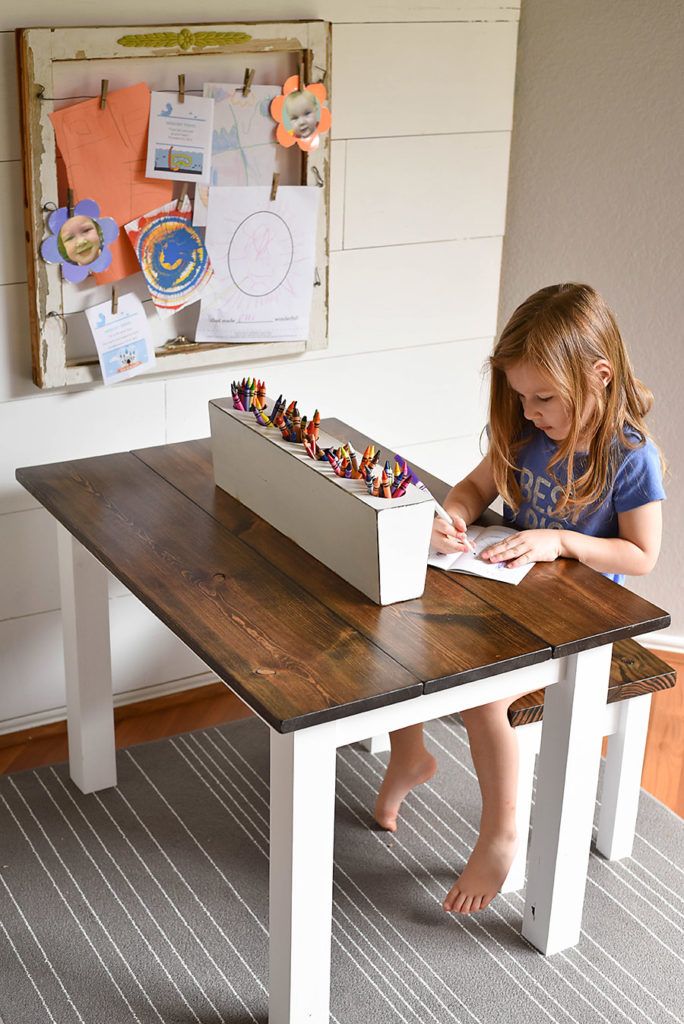
Just 5 to 10 minutes a day is all you need. It can be the perfect bedtime routine.
Whether you are reading to your 3-year-old or listening to your 8-year-old read to you, make sure to make the most of the time by using questions that encourage thinking.
3. Instil IndependenceIndependence is the number 1 quality any child needs to succeed in the world.
This may seem obvious, but it can be too easy to do too much for your child. Parents want to help and guide their children and be there for them every step of the way.
Sometimes being there just means watching from a distance.
What are some ways you can instil independence?
- Allow your children and their friends to resolve most of their conflicts amongst themselves.
- Understand that school is their territory. Drop them off and give them a confident goodbye kiss and “have a nice day”. There is no need to walk your Grade 1 in day after day to make sure they’re ok.
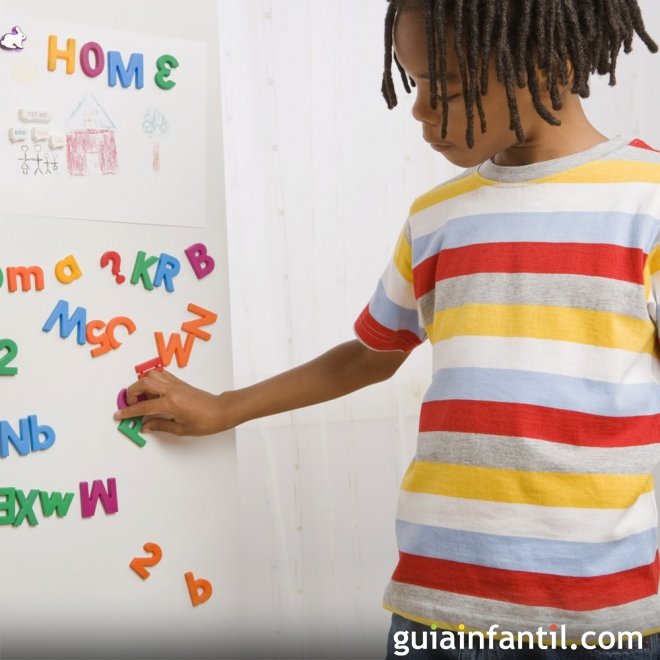 It sends a subtle message that they are not safe without you.
It sends a subtle message that they are not safe without you.
- Encourage doing some homework independently and packing their own bag every day.
- Give chores from a very young age. Let your children develop responsibility at home by making a bed, taking cups to the sink and packing away toys.
- If your child has a problem at school, discuss how to handle it the next time it happens and offer coping strategies. Resist reporting every incident to the teacher or your child will rely on you and not learn to take action. Serious concerns or repeated negative behaviour should be reported if it does not get resolved.
Watch this short TED Talk by Angela Lee Duckworth. It is all about her research in determining the best predictor of success.
And it is a little four-letter word called…
Grit!
In her words:
Grit is passion and perseverance for very long-term goals.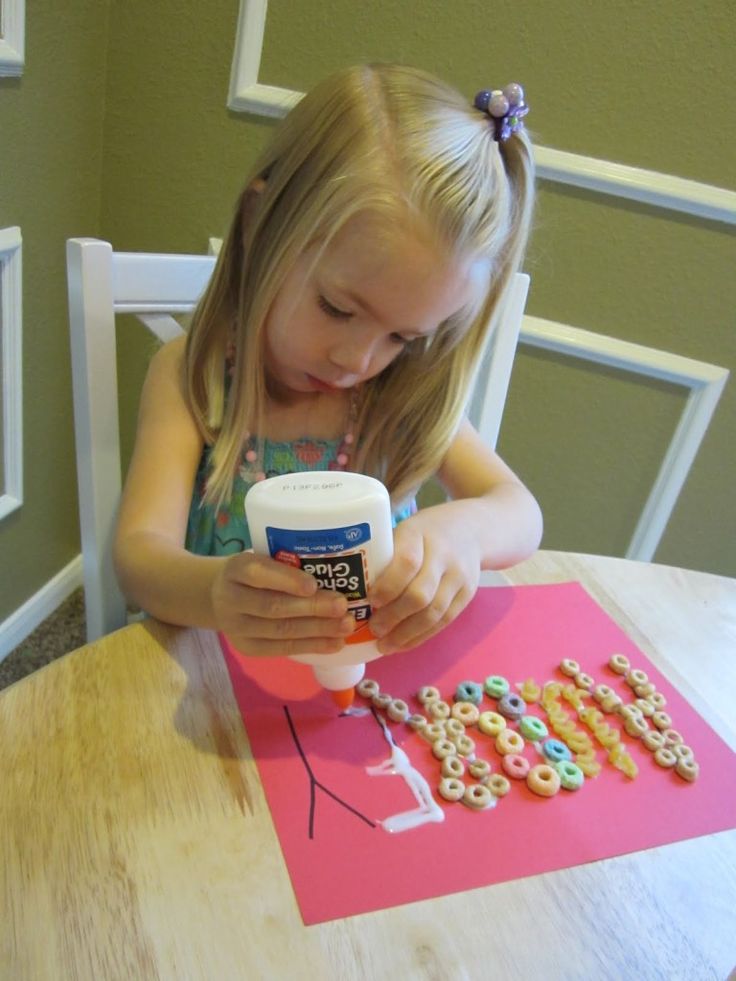 Grit is having stamina. Grit is sticking with your future day-in-day-out, not just for the week, not just for the month, but for years. And working really hard to make that future a reality.
Grit is having stamina. Grit is sticking with your future day-in-day-out, not just for the week, not just for the month, but for years. And working really hard to make that future a reality.
I just love it. Please take the time to watch it:
5
. Allow Your Child to Be an IndividualEvery person is different and every person has different strengths, weaknesses, interests, passions, etc. Being allowed to be an individual is one of your child’s basic emotional needs.
School is an environment that tends to be quite focused on certain areas – academics, sports, etc. Some are changing and encouraging all forms of expression, including drama, music and the arts, to name a few.
School and the few years every person spends there is not the be-all-and-end-all of life. Let your children engage in the things they show passion for.
You might want to spend 10 extra minutes a day practising sight words with your struggling reader, but don’t forget to let him do his science experiments, or finish building his rocket or whatever else he is drawn to.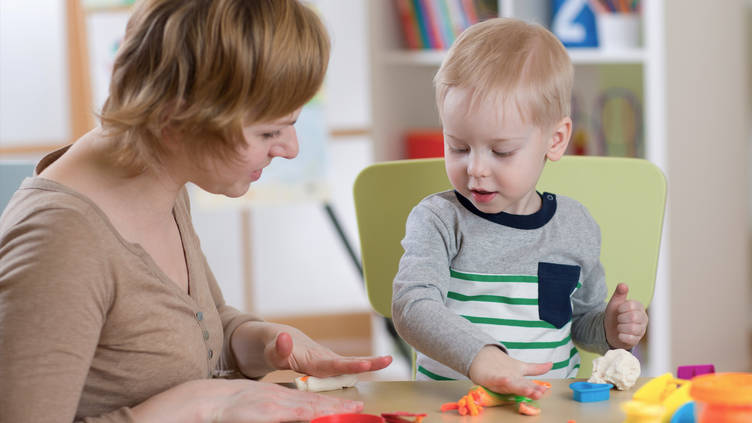
These are the things that he will probably gravitate towards in a career one day – and will provide the most value to him.
6. Allow Your Child to Experience DisappointmentThe modern-day search for “happiness” has somehow led us to believe that our children’s every experience must be positive and children must never experience any unhappiness or distress.
Children must be allowed to experience their emotions fully, in order to learn how to cope with the many things they will go through.
Setting them up by removing all sources of stress will not help in any future situation where you are not there to manage it.
Happiness, excitement, sadness, frustration, anger, fear, contentment, relief, anticipation… Why would you want to remove any of these experiences? They are all part of life.
Being disappointed is not so serious. Children and adults are frequently disappointed. Not making it to the A team in tennis and feeling disappointed will disappear in time, and probably spur a desire to work harder and try again.
This is much less serious than not having the coping skills to deal with that disappointment and potentially having small disappointments escalate into huge sources of stress.
7. Understand Where Your Children Are DevelopmentallyI recently looked up some posts on Pinterest about reading and couldn’t believe how many people were interested in posts about teaching your child to read during preschool.
Everyone wants their children to do well and succeed. Pushing them to do things appropriate for older children is not the way to succeed.
For children to read, write and do maths, there is a long list of pre-reading, pre-writing and maths skills they need to master to lay the foundation first.
You probably can teach your 4-year-old to read, but only at the expense of many important foundational skills.
This is usually evident in the class when children who have been pushed too early start showing gaps later on.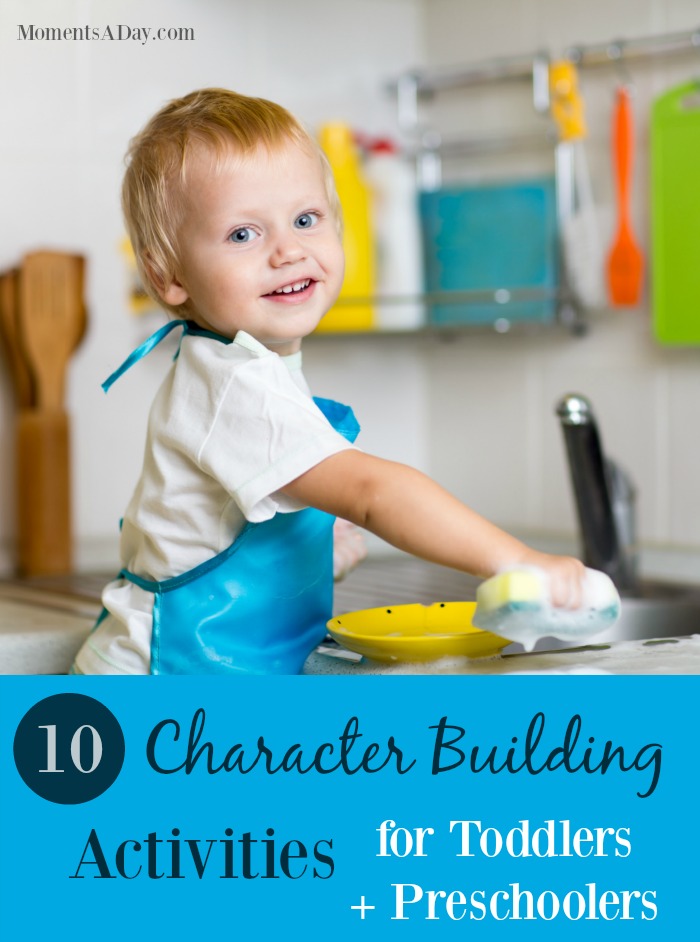
Let your children be where they are. You don’t need to prepare your 4-year-old for Grade 1. You need to prepare your 4-year-old to be 4.
Otherwise, they are missing invaluable time that should be spent learning through play and not living life in the moment.
8. Make Your Children Accountable for Their ActionsIt starts with a baby pushing a ball. If I tap the ball, it moves. This is called cause and effect.
Later on, it becomes, If I leave a mess on my bedroom floor, I will be expected to clean it up. Or If I hit my brother, there will be a consequence and I will have to apologize.
It’s an important life skill for children to be held accountable for their actions because adults will be held accountable. Adults who are unable to own their actions and always blame others are considered narcissists.
9. Put Things Into PerspectiveAre you the parent who is up at 10 pm trying to figure out the last question in your child’s homework? Are you contacting all the class moms at 11 pm because your child will be in so much trouble if they leave out one question?
When you give up, do you write a letter to the teacher, followed by an email, explaining your frustration?
Relax.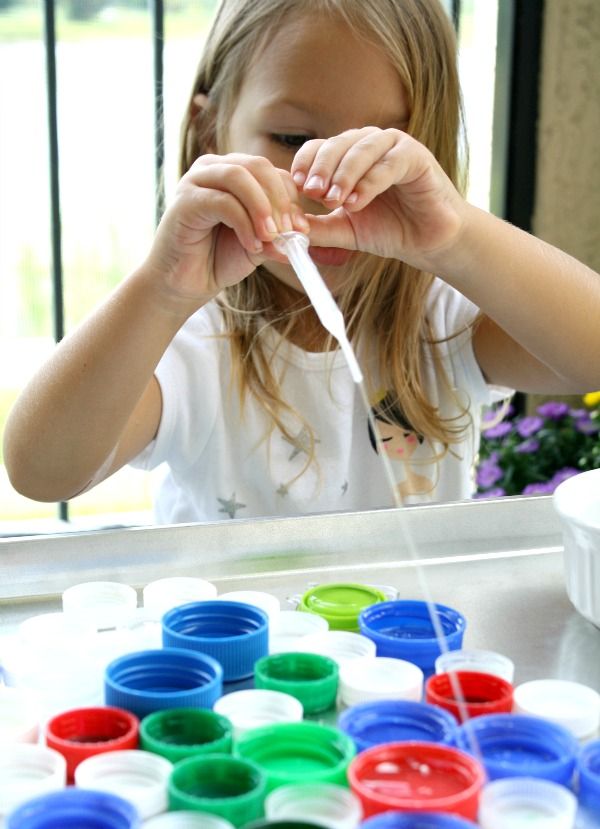 It’s only Grade 1. And you still have more than 10 years to get through.
It’s only Grade 1. And you still have more than 10 years to get through.
Sometimes, school needs to be put into perspective. Sometimes you need to put the homework away when you are suffering through it at 11 pm because you had a family matter to attend to in the afternoon.
There is always tomorrow and you can’t do everything!
Did your child do badly on a spelling test? Life will go on.
Is your child repeating a grade because they need to mature and they’re a little behind? Trust me, they will forget about it long before the parents do. They will probably mature, make new friends and get on with life.
Sometimes, things just aren’t as serious as they feel in the moment.
You’re parents, not super-humans. Give yourselves a break!
10. Redefine Your Concept of SuccessLastly…
Is your idea of success when your child registers for one of the degrees on your approved list? Do you need them to get 90% in Maths to fulfil your dream for them?
Life is very different to how it was when I was young, or when my parents were young. Blogging was non-existent when I was at school and yet it is my career now. Many of the career options for your children do not even exist yet.
Blogging was non-existent when I was at school and yet it is my career now. Many of the career options for your children do not even exist yet.
Success is a very fluid concept. As long as you do your best, your children are likely to become functional, competent adults. Then your job is done.
And with enough grit, they will worry about their own success!
Get FREE access to Printable Puzzles, Stories, Activity Packs and more!
Join Empowered Parents + and you’ll receive a downloadable set of printable puzzles, games and short stories, as well as the Learning Through Play Activity Pack which includes an entire year of activities for 3 to 6-year-olds.
Access is free forever.
Signing up for a free Grow account is fast and easy and will allow you to bookmark articles to read later, on this website as well as many websites worldwide that use Grow.
- Share
15 Useful & Effective Parenting Tips for Parents of Preschoolers
If you’re a parent to a preschooler, who is brimming with energy and is curious about every little thing, it must be hard for you to keep up with his energy levels.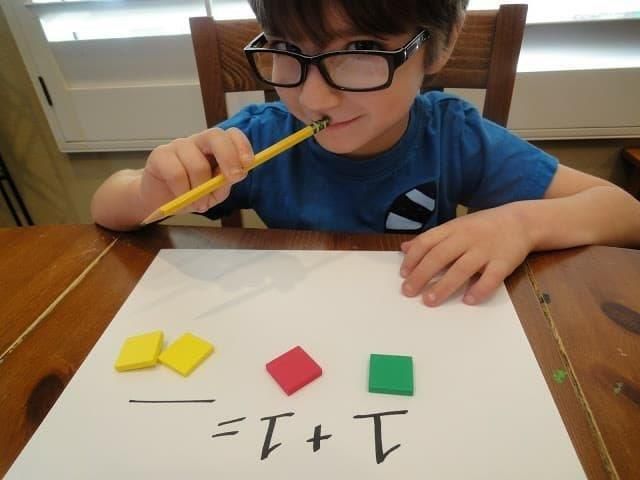 Your little bundle of happiness must be keeping you on your toes all the time. And at times, you may find it challenging and tiring to run after your little one. Raising kids is one of the most challenging jobs, but you don’t have to do it all alone. We’re here to help you! We bring some parenting tips that will help you raise your preschooler just the way you want.
Your little bundle of happiness must be keeping you on your toes all the time. And at times, you may find it challenging and tiring to run after your little one. Raising kids is one of the most challenging jobs, but you don’t have to do it all alone. We’re here to help you! We bring some parenting tips that will help you raise your preschooler just the way you want.
Best Parenting Tips for Preschoolers
Here are some parenting tips that parents of preschoolers can follow.
1. Polish their communication skills.
Communication skills of toddlers are important. The clearer their communication skills are, the better they will fare with other kids and teachers once they start going to preschool.
2. Teach them to be good listeners.
We all know that it’s challenging to contain the curious mind of toddlers. However, when in preschool, your little one will have to take part in various activities, such as singing, drawing, listening to the teacher’s explanations, and so on. All these will require your toddler to sit still and pay attention. Being a good listener will help him proactively take part in various activities in preschool.
All these will require your toddler to sit still and pay attention. Being a good listener will help him proactively take part in various activities in preschool.
3. Encourage teamwork.
Once your toddler starts going to school, he will be spending good 4-5 hours with his peers and teachers, and take part in various group activities. To ensure that your little one talks to other kids and engages with them, he needs to learn about teamwork. While he may be the centre of attention at home and all his demands must be fulfilled, the same won’t happen in school. To ensure that your munchkin gets along with other kids, you will need to teach him about teamwork. You can help build this skill in your toddler by playing games with him at home.
4. Teach them to follow instructions.
This is a must! You must teach your little one to follow instructions and directions given to him. In preschool, your child will have to listen to his teacher and follow his instructions, so you must prepare him for the same. And you can do so by all by means of fun and games.
And you can do so by all by means of fun and games.
5. Help toddlers to work with stationery.
Preschools offer various activities that require the use of objects such as pencil, crayon, scissors, wax or colour pencils. You can help your toddler how to handle them correctly by encouraging activities like drawing and painting. Depending on age, they can be taught how to write strokes of alphabets, numbers, etc.
6. Encourage them to be independent.
Your child needs to be independent and learn to do certain activities on his own when he starts going to a preschool. At home, you will be there to wipe your toddler’s face or help him wash his hands after his mealtimes or playtime. But in preschool, he might have to do it all by himself. So you need to teach him a few things before he goes to preschool. Learning these little tasks will instil a sense of responsibility and independence in toddlers, which will help him in life.
7. Have a set routine.
Having a set routine for various activities such as playing, meals, snacks, sleep, etc. , is important for both of you. Not only will it teach discipline to your kid, but it will also help you manage your own time efficiently. Another advantage is that you won’t have to run after your toddler every day for meals or bedtime.
, is important for both of you. Not only will it teach discipline to your kid, but it will also help you manage your own time efficiently. Another advantage is that you won’t have to run after your toddler every day for meals or bedtime.
8. Try not to be too strict.
Discipline should not be confused with strictness. Children tend to be stubborn if you are too strict with them. So you need to talk to your child in a friendly manner, and win his trust so that he can communicate with you without fear. It will also help you to have a strong bond with your child.
9. Don’t give in to their tantrums.
Having said that, you can’t be too mellow as well! Try to find the right balance that is neither too strict nor too soft. Don’t put a blind eye to your child’s tantrums. Instead, direct him to do something else if he is throwing a tantrum over a specific thing. The best way is to identify the cause of such behaviour and address it.
10. Don’t treat them like an adult.

Sometimes, parents expect way too much out of their children. You may want to treat your child like an adult, but you have to understand your little one is still at a learning stage, and, that he is a kid. Don’t expect to understand everything you tell him immediately. Have patience, and let him learn at his own pace. The important thing is that you encourage him to learn and keep trying. You may want to find out what interests and motivates your child. Be creative when you give him a task, and ensure that it’s fun for both of you, rather than a chore which you have to go through.
11. Don’t be a “no” person all the time.
It might be challenging, but there are ways to go about it! Try not to say “No” very often. Kids’ hearts are sensitive, and they may feel unloved or undesirable if you say no to them often. If you say ‘no’ to everything to your child, it may lead to a rebellious attitude in him. Try talking to your child in a gentle way when you’re saying no. Explain why you are saying ‘no’ and he will understand.
12. Praise them for being good.
We all love it when we are praised for our efforts. The same is with kids. In order to raise an independent and responsible child, you have to encourage them every. If they do something wrong, then let them know why it is wrong. Such awareness will make them conscious of what they are doing, and whether their actions will have a negative consequence.
13. Don’t put too many things on their plate.
Every child is different and learns at his own pace. As a parent, of course, you will have certain expectations of your child. However, it is also the job of a parent to understand their child and accept his capabilities. It’s important not to put too many things on toddlers’ plates at once; remember, they are too young and still learning. Maintain a balanced schedule that is comfortable for your toddler.
14. Be a role model to them.
Your children will be spending most of their time with you. How you behave, what you do, how you do things, and more will impact your child’s development. Be a role model to your child, so he can look up to you and follow in your footsteps.
Be a role model to your child, so he can look up to you and follow in your footsteps.
15. Create a strong bond.
Raising a child can be challenging but it’s a rewarding experience too. So enjoy the little things with your toddler and engage in fun activities together. Doing simple things together will help you create trust and a strong bond with your child. You should be a parent as well as a friend to your kids, and someone your child can rely on without hesitation.
Common Mistakes Parents Make With Preschoolers
No parent wants less for their kids; every single one of them thinks best for their child’s interests. However, many a time, those good intentions backfire or demotivate their child. Below are a few common mistakes that parents should avoid with their preschoolers:
1. Setting a Bad Example
Little ones are impressionable and they learn by observing their parents and surroundings. If you want to teach them a good habit, then start the change from within yourself first.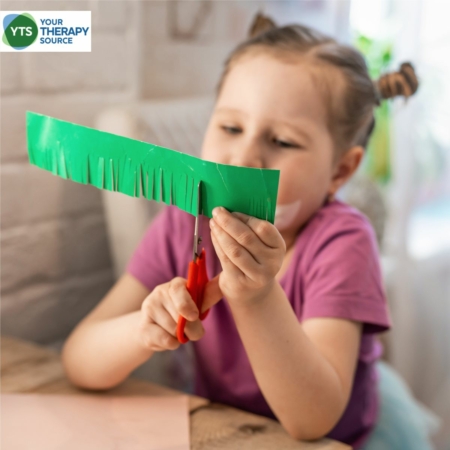 You can’t expect them to eat a healthy meal when you are living on potato chips and cookies. If you want to inculcate reading habits in your child, you will have to show them.
You can’t expect them to eat a healthy meal when you are living on potato chips and cookies. If you want to inculcate reading habits in your child, you will have to show them.
2. Saying Yes Always
Do not give into your child’s demand almost always. If you always say ‘yes’ to your child, he will ask for anything and everything. Don’t let your child manipulate you; when it’s time to say no, say it clearly. Also, explain to your child why you are saying ‘no’.
3. Being Overprotective
It’s natural for parents to be protective of their kids, but being overprotecting hinders their growth. They start to rely way too much on their parents for almost everything. When parenting preschoolers, you should let them initiate things which they are capable of doing on their own. If your child falls while playing or walking, don’t rush to him each and every time. Let him learn how to stand up on his own. Watch and observe, and help him if he needs it. Let him grow!
4. Bribing Them
Bribing kids with chocolates or other treats to make them do something is a common approach, but something parents should avoid.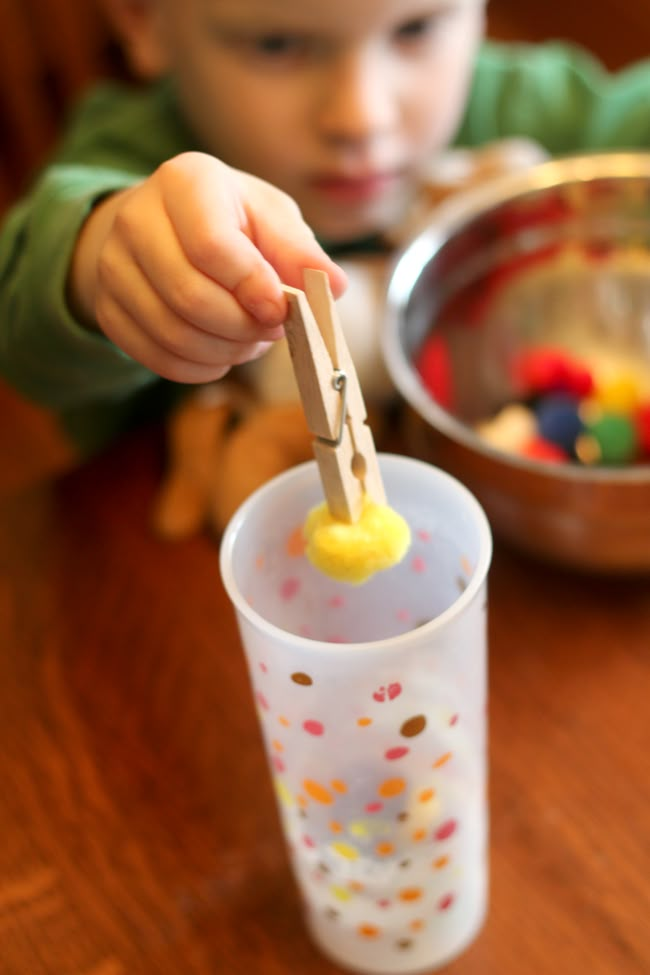 For example, offering a piece of cake for eating veggies won’t help them like veggies. It might backfire as well, and they might start to hate it.
For example, offering a piece of cake for eating veggies won’t help them like veggies. It might backfire as well, and they might start to hate it.
5. Comparing With Siblings
Many parents forget that every child is different and unique. Don’t compare children with their siblings. Such behaviour will discourage them and make them feel unloved. They may start to harbour hatred towards their siblings as well.
Parenting a preschooler is challenging, but it’s full of fun as well. At times, you may find it difficult to keep up with your child’s energy levels and curiosity, but you know it well that your child couldn’t have asked for better parents. Refer to these parenting tips if you need help and trust your parenting style. We know you’re doing a great job!
Also Read:
Aggression in Children
Moral Values You Must Teach Your Kids
How to Deal with a Highly Emotional Child
Nine Tips for Parents of Preschoolers - Child Development
When parents are actively involved in a child's preschool (and then school) life, it brings him great benefits.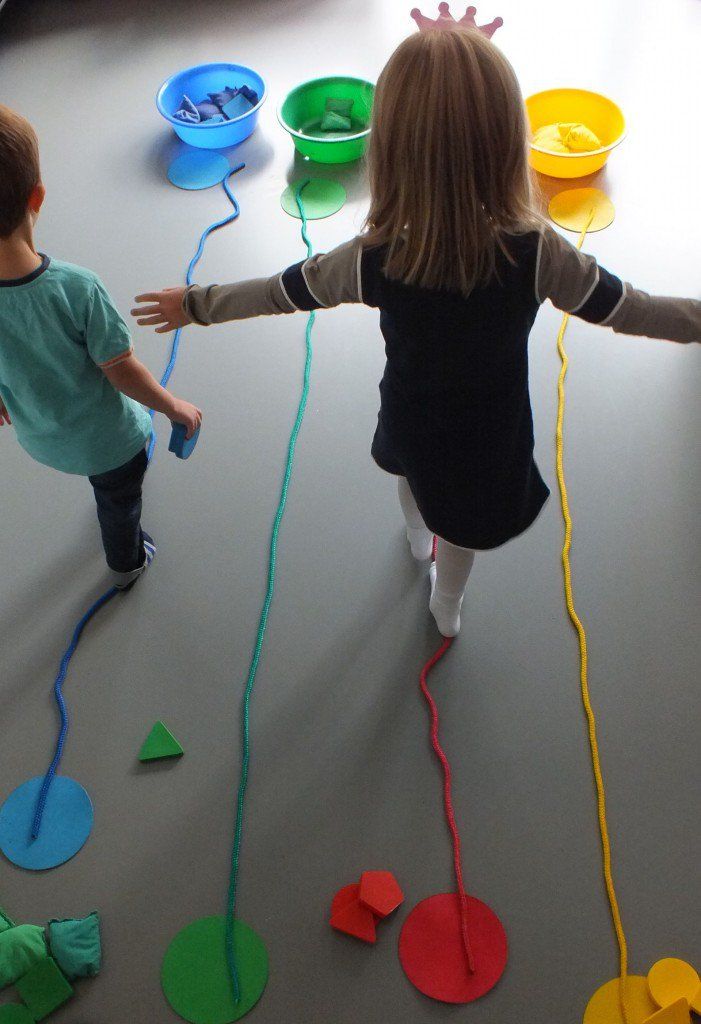 The child becomes more confident and sees how you appreciate his efforts in learning.
The child becomes more confident and sees how you appreciate his efforts in learning.
Research by psychologists shows that children whose parents are actively involved in their education subsequently receive higher grades, and their overall success in school is higher. Such children are more likely than others to receive higher education after finishing school.
Active participation in your child's preschool life will also benefit you. You will meet the parents of other children and will always be aware of all the events that take place in the kindergarten. Here are some tips to help you be active in your child's preschool life and contribute to their learning.
1. Start straight now . Get to know your child's caregivers. Don't wait for the parent meeting. Exchange phone numbers with the teacher to always stay in touch with her. This will set a positive tone for your interactions throughout the year.
2. Help in kindergarten. Most caregivers welcome parental offers to help. Ask the teacher what help she needs. This can be the arrangement of classrooms, preparing materials for classes, helping to organize various events, accompanying children during excursions, etc. If the work schedule does not allow you to regularly set aside time to spend part of the day in kindergarten, tell the teacher that you will be happy to help from time to time.
3. Participate in the parent committee. Often, educators instruct several parents to organize a holiday or administer a parent chat in the messenger. If you take on such a responsibility, it usually means that you will do it during the school year. So make sure you have enough time for this. If you have time to do this, it's a great way to meet other parents and caregivers.
4. Help the caregiver from home. If you don't have enough time to go to kindergarten often, you can help from home. For example, you can call parents, help prepare materials for classes, etc. If you do this, the child, looking at you, will understand that learning is important. It will also help you to establish communication with the teacher.
For example, you can call parents, help prepare materials for classes, etc. If you do this, the child, looking at you, will understand that learning is important. It will also help you to establish communication with the teacher.
5. If possible, attend kindergarten classes. Offer your caregiver your help as an escort during walks and excursions. Help organize the holidays that take place in kindergarten.
6. Communicate with other parents. Find opportunities to meet parents whose children are in the same class as your child. Meet them and exchange phone numbers. You can communicate with them even after your children go to school and exchange useful information.
7. Attend kindergarten activities. Make it a rule for yourself to go to all parent-teacher meetings, open houses, exhibitions, etc. Try to attend even those events in which your child does not participate. This can be a good opportunity to connect with the teacher and other parents.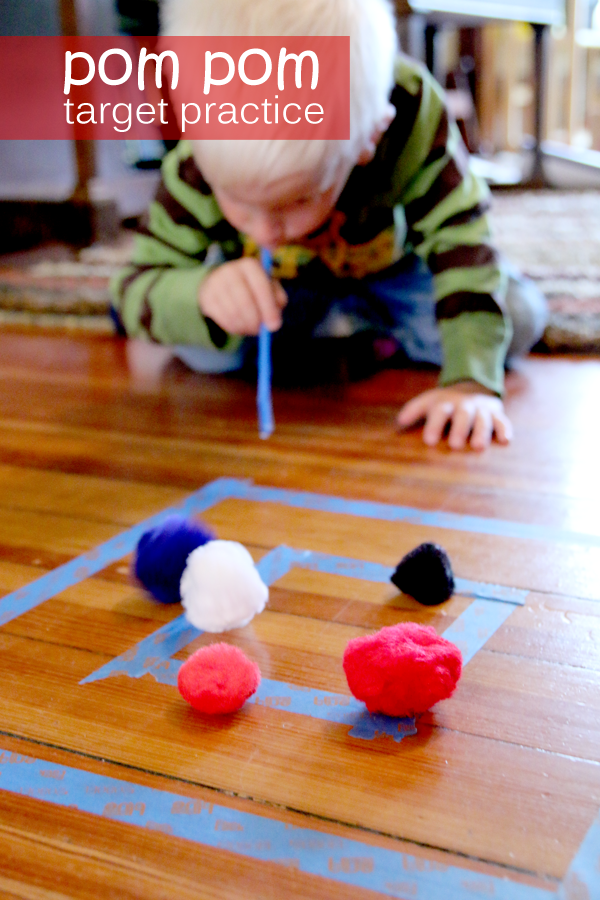 In addition, the child will feel more confident when you are around.
In addition, the child will feel more confident when you are around.
8. Talk to your child about kindergarten activities. When you return home with your child, ask about what he did during the day. Try to ask specific questions. For example, instead of asking, “How was your day?” ask: “What good thing happened to you today in kindergarten?” or "Tell me one new thing you learned today."
9. Show your child that kindergarten is important to you. Praise your child when you see how he tries. Let him know that you admire his work: for example, hang his drawing on the refrigerator. Tell your child that their studies are important to you, and show it in action.
Follow the tips above and communicate with caregivers and other parents. This is how you contribute to making kindergarten fun and exciting for your child.
For parents: 8 useful tips for raising children
Alena Lepilina
Every parent dreams of raising a healthy, happy and harmoniously developed child.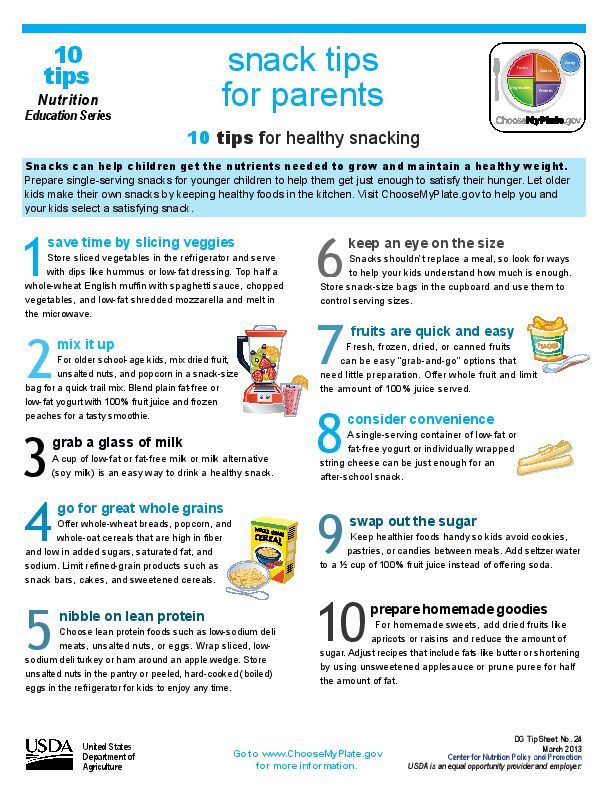 Along the way, he encounters obstacles and unanswered questions. Or, on the contrary, there are too many answers and it is not clear which one is correct. It remains to rely on common sense and expert opinion. We chose useful tips from books based on the achievements of science and practice, which will be a good help for parents.
Along the way, he encounters obstacles and unanswered questions. Or, on the contrary, there are too many answers and it is not clear which one is correct. It remains to rely on common sense and expert opinion. We chose useful tips from books based on the achievements of science and practice, which will be a good help for parents.
1. Let children play more often
Since 1955, the amount of time children spend on play has been decreasing, but they have increased levels of anxiety, more depression, feelings of helplessness, and at the same time childish narcissism and reduced empathy. Bad statistic. But it is in the power of adults, each of us, to give your child what he needs for harmonious development. The game in this sense is necessary as air.
Why does shortening of play time lead to emotional and social disorders? Play is a natural way to teach children how to solve their problems, control desires, manage emotions, look at a problem from different points of view, discuss disagreements and communicate with each other as equals.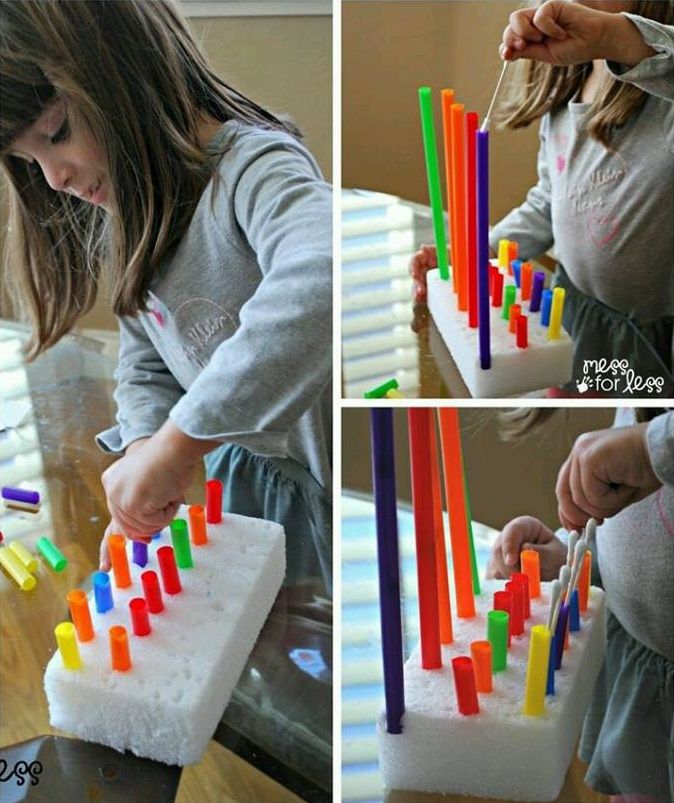 There is no other way to master these skills. That is why it is so important that the child spends a lot of time playing.
There is no other way to master these skills. That is why it is so important that the child spends a lot of time playing.
2. Stimulate curiosity
Children have an innate tendency to explore the world, which must be encouraged. One way to do this is to show all possible, most diverse options for solving problems. Experiments confirm this idea: if a child is immediately shown a single function of a toy during the game, he will come to the conclusion that it can do nothing else. But when the toy was given to the child "at the mercy", they guessed to use it in different ways, not in one way.
source
The output is simple. Those who were not specially taught had no reason to think that they had been shown all the possible options, so they began to study it more carefully and discovered new uses for themselves. And this doesn't just apply to games. But also to life.
3. Allow your child to be friends with elders
In mixed age groups, young children have the opportunity to do things that would be too difficult or dangerous to do on their own or in a peer group.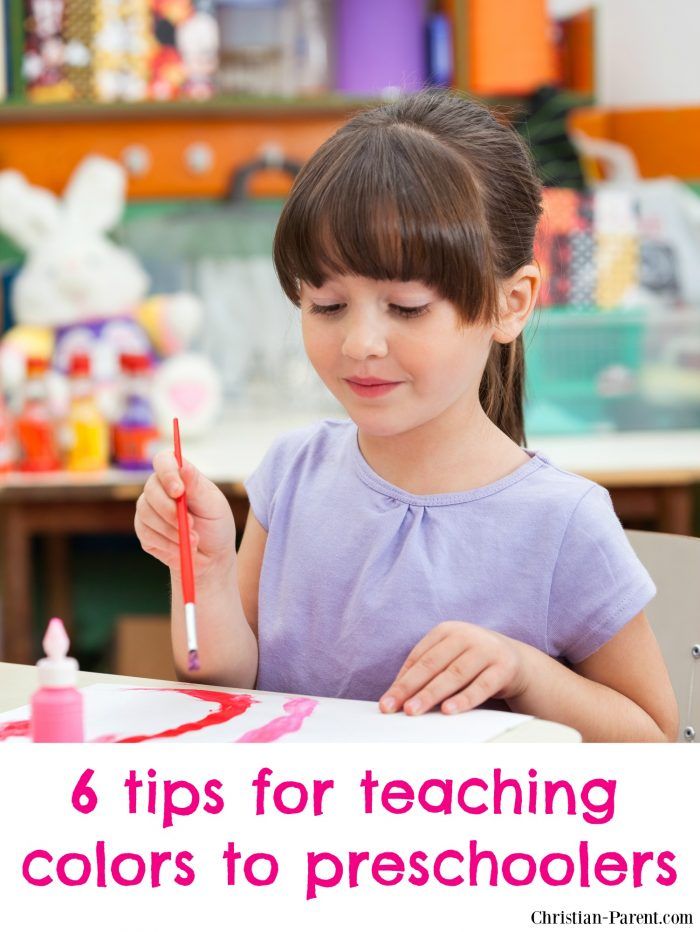 They can also learn something just by watching older guys and listening to their conversations. The older ones emotionally support the younger ones and take better care of them than their peers.
They can also learn something just by watching older guys and listening to their conversations. The older ones emotionally support the younger ones and take better care of them than their peers.
In the 1930s, Russian psychologist Lev Vygotsky coined the term "zone of proximal development." It means an activity that the child is not able to do alone or with peers, but can do with the help of more experienced people. Vygotsky assumed that children acquire new skills and develop thinking by interacting with others in their zone of proximal development.
This is why the opportunity to interact with older children is important for a child's physical, social, emotional and mental development.
4. Live the 4:30 AM Rule Yourself
Ultrarunner Travis Macy talks about the 4:30 AM Rule that both his father and himself have always followed. It began, as you might guess, with an early rise. But that's not the point. At least not the whole point. Travis' father, Mark, was a father of two, worked hard on his career as a lawyer, enjoyed running and cycling, and began racing, which soon led him to ultramarathons.
And now, when he is over sixty, dad lives in the same mode, only now he wakes up at four in the morning (or even earlier). He participates in all the important moments in the life of his grandchildren and still never misses my competition. Incredible. Amazing.
Travis Macy grew up to be a wonderful family man, a loving father and an athlete with incredible fortitude - source
Training and competition went against his main tasks as a family man and a professional. But as someone who strives to live life to the fullest and succeed in everything, he was determined to make it all work together somehow. And he came up with. Dad knew the best time to work was early in the morning. While other people were sleeping or slowly rocking before the start of the working day, dad was already working. Waking up every morning no later than 4:30, dad had time to go to the office to work, then go for a lunch run, come back to work for a few hours, stop at the bike trail and ride a mountain bike on the way home and come home early enough to spend time with us and attend all of our extracurricular activities.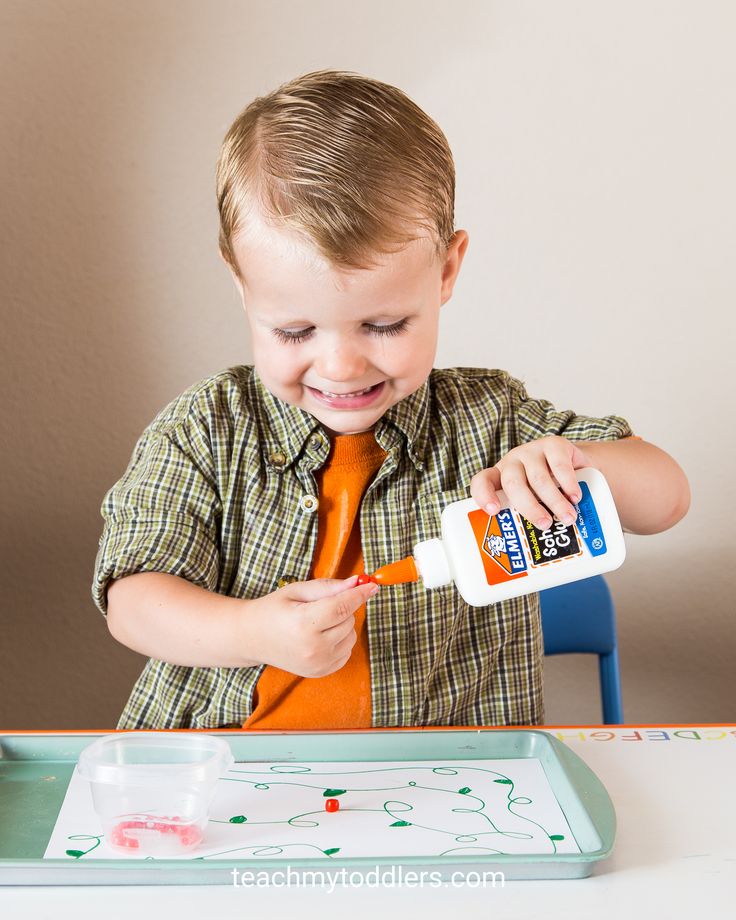
What is the purpose of this rule? As parents, you must be firm in your decisions.
Briefly, if you make a decision in advance, then when the time comes to act, you are no longer distracted by thoughts about whether you want to do it or not. Do not take this rule literally; getting up at 4:30 in the morning is just an example of how strong-willed it takes to be successful.
A firm inner commitment - to parenting, family, relationships (or a training program and project at work) - is the most important thing one can do in life. This is where it all starts. And you are setting a good example for your children.
5. Support the child
Psychologists have developed a formula: 10,000 hours of practice equals expertise in any business. In studies of composers, basketball players, writers, skaters, pianists, chess players, hardened criminals, and so on, this number occurs with surprising regularity. Mozart began writing music at the age of 6, and his first great works appeared only at the age of 21. Or another example: it also takes about ten years to become a grandmaster. (Only the legendary Bobby Fischer achieved this honorary title faster: it took him nine years. But not three years or a year!) 10,000 hours is the equivalent of 3 hours of practice a day, or 30 hours a week for ten years.
Or another example: it also takes about ten years to become a grandmaster. (Only the legendary Bobby Fischer achieved this honorary title faster: it took him nine years. But not three years or a year!) 10,000 hours is the equivalent of 3 hours of practice a day, or 30 hours a week for ten years.
source
If you notice a talent in your child, let him discover it. Without parental support, it is impossible to earn 10,000 hours. Remember: 10,000 hours is a very, very long time. Children and young people cannot work that many hours alone. Parents need support and help. This style of parenting is called “co-development”. Its task is to actively "stimulate and evaluate the talents, skills and motivations of the child."
If you want to raise a genius (or at least not a miserable person), give your child the opportunity to do what he loves, without restrictions.
6. Teach children the difference between good and bad
If a bad deed is rewarded, then the young brain may identify it as beneficial to the individual's survival. If a child gets support when being aggressive but not when he wants to interact, his brain can easily remember that aggression is good for his survival.
If a child gets support when being aggressive but not when he wants to interact, his brain can easily remember that aggression is good for his survival.
If a child receives a reward when he is sick and loses it when he recovers, he forms long-term bonds accordingly.
source
The brain does not learn from parenting experts or etiquette textbooks. He learns on the basis of changes in the content of certain neurochemical substances in it. Each time you and your children have been rewarded or, on the contrary, felt threatened, you have added new circuits to the neural infrastructure that tells you where to look for respect, recognition and trust in the future.
7. Let your children feel happy more often
Happy moments in the past create special connections between neurons that are ready to produce “happy hormones” the next time you experience similar positive feelings. In other words, the more often your child feels happiness and joy, the easier it will be for him in adulthood.
source
For example, a child who is highly respected by his parents because he knows how to use computers develops neural connections that allow him to expect greater joy when giving such help to other people. He repeats his actions, and new neural pathways for happiness appear in his nervous system.
Every positive moment strengthens neural pathways, and our brains are designed to "turn" to those pathways that are strongest and most used. A person accumulates experience from childhood, and then turns to it all his life.
8. Hug children more often
Touching and hugging is not a whim. There is a clear physiological basis that makes both adults and children happy when they show affection for each other. Oxytocin is the “happiness hormone” that is secreted by mammals.
Having children also causes a significant surge of oxytocin. And for both parents and children. Raising other people's children also increases oxytocin levels.
Oxytocin gives us the pleasure of being calm next to those we trust.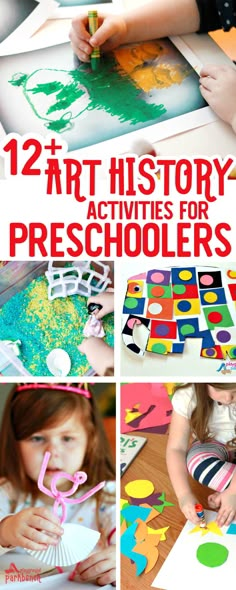 This is not a conscious decision, but rather a physical sense of security. Neural pathways formed with the participation of oxytocin occur throughout our lives. And it is very important to form them in childhood so that the child more often feels the joy of life.
This is not a conscious decision, but rather a physical sense of security. Neural pathways formed with the participation of oxytocin occur throughout our lives. And it is very important to form them in childhood so that the child more often feels the joy of life.
9. Leave the idea that you determine the future of your child
If we ourselves value freedom and are responsible for our actions, then we must respect the child's right to independently pave his life path. Our aspirations cannot become the aspirations of a child, and vice versa. The search for one's own course begins at an early age.
To learn to take responsibility for themselves, children must learn to make decisions every hour, day, or year, and this they can only learn by doing.
All loving and caring parents care about the future of their children, so it is hard for them not to try to control them. But any attempt made under control will not lead to the goal. When we try to determine the fate of a child, we do not give him control over his life and learn from his own mistakes.